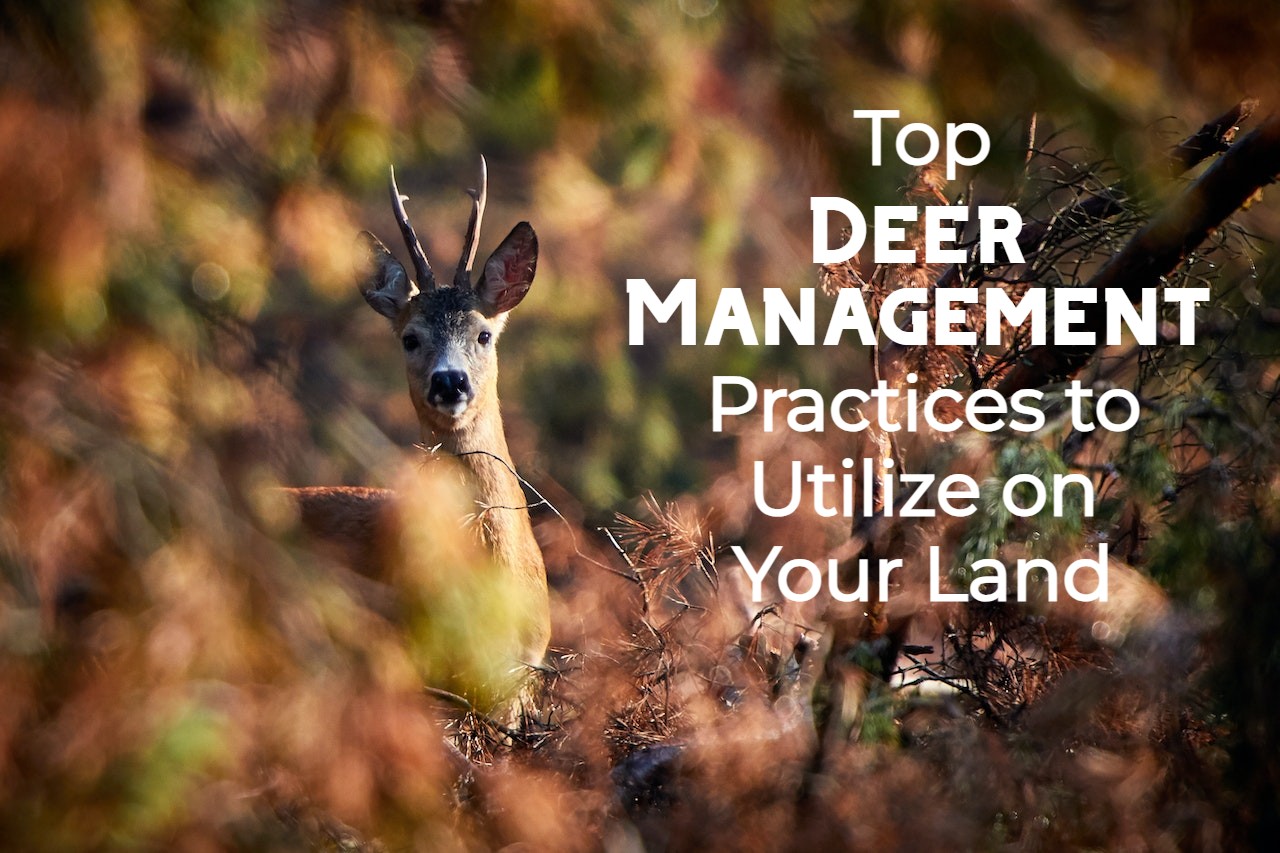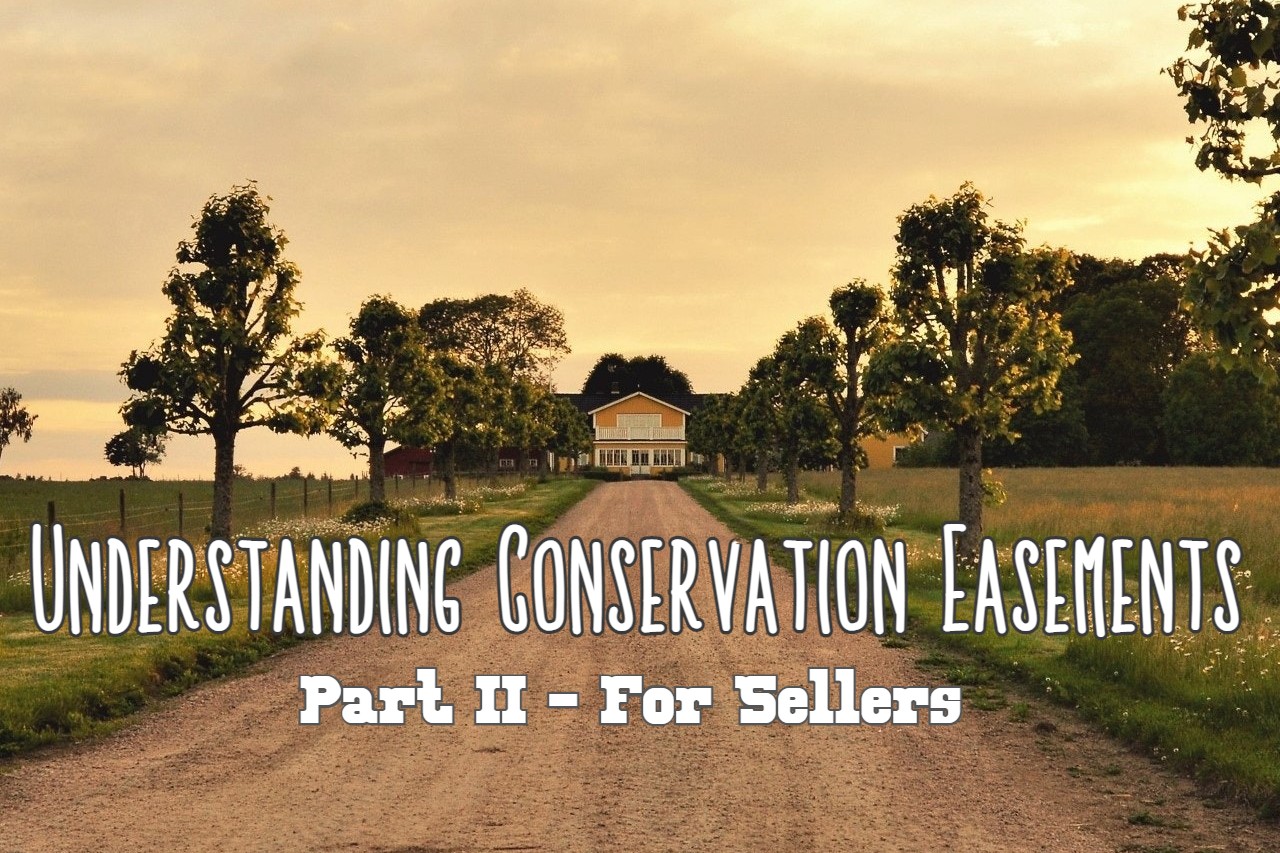Top Deer Management Practices to Utilize on Your Land

Originally posted on Michigan-LandForSale.com – reprinted with permission.
Deer management is a critical aspect of land stewardship, whether you own a vast rural property or a small suburban backyard. Balancing the deer population on your land is essential for maintaining ecological equilibrium and ensuring the health of the deer themselves. Effective deer management practices not only promote biodiversity but also protect your landscaping and crops from overgrazing. In this article, we’ll explore some of the top deer management practices that landowners can utilize to maintain a harmonious relationship with these graceful creatures.
Habitat Enhancement
One of the most effective ways to manage deer populations on your land is by enhancing their natural habitat. A diverse and thriving ecosystem can support more wildlife, which helps regulate the deer population naturally. Here are some habitat enhancement techniques:
- Plant native vegetation: Native plants provide food and shelter for deer while discouraging invasive species that can lead to overgrazing.
- Create cover areas: Establishing brush piles, hedgerows, or tall grasses can provide deer with safe hiding places.
- Develop water sources: Constructing small ponds or providing watering holes ensures deer have access to clean drinking water, reducing their need to venture onto neighboring properties.
Food Plots
Strategically planting food plots can be an effective way to attract and control deer populations. These managed areas can help concentrate deer for hunting and reduce their impact on other parts of your land. Common food plot options include clover, alfalfa, soybeans, and various types of grains.
Hunting and Trapping
If you’re a responsible hunter or have access to hunters, regulated hunting can play a crucial role in deer management. Proper hunting practices can help maintain a healthy deer population by selectively harvesting older or less healthy individuals. Additionally, consider working with local wildlife agencies to establish hunting seasons and bag limits that align with population control goals.
Trapping can also be an effective method for managing deer populations, especially in areas where hunting isn’t feasible or practical. Consult with wildlife professionals for guidance on safe and ethical trapping techniques.
Fencing
Installing appropriate fencing can be a practical solution to protect your gardens, landscaping, and crops from deer damage. Deer fencing should be tall enough (usually 8-10 feet) and properly maintained to deter them effectively. Electric fencing is another option that can be more cost-effective and easier to install.
Population Monitoring
Regularly monitoring deer populations on your land is essential for making informed management decisions. You can use trail cameras, deer pellet counts, or work with local wildlife biologists to conduct population surveys. Keeping track of population trends will help you adjust your management strategies as needed.
Repellents and Deterrents
There are various deer repellents and deterrents available, including scent-based repellents, noise-makers, and motion-activated lights. These tools can be effective in keeping deer away from specific areas, such as gardens or ornamental plants.
Effective deer management is a balance between conserving these beautiful animals and protecting your property from damage. By implementing these top deer management practices, you can contribute to a healthy deer population while minimizing conflicts and ensuring the sustainability of your land. Remember that deer management often requires a combination of strategies and ongoing monitoring to achieve the desired results. Always consult with local wildlife experts and follow local regulations to ensure your efforts are effective and ethical.









